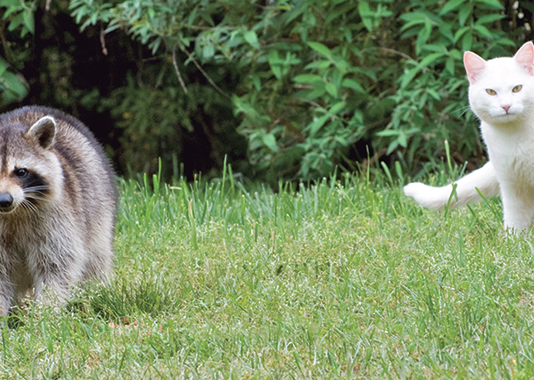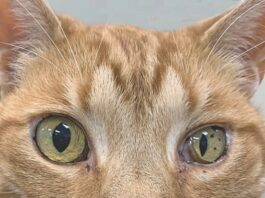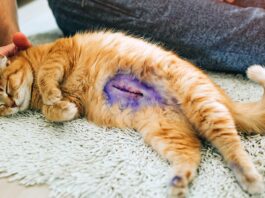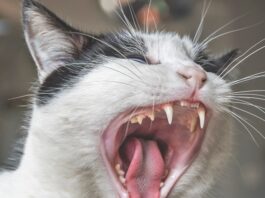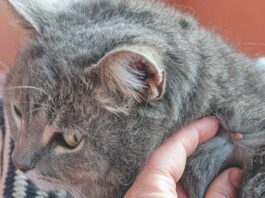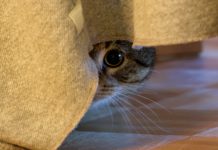An Itch You Just Have to Scratch
Skin problems are frustrating for cat owners. Itchiness and discomfort, with symptoms ranging from constant scratching to irritated skin to hair loss, can be caused by a wide variety of conditions. This makes diagnosis challenging and sometimes expensive. We consulted William Miller, VMD, DACVD, Dermatology Section Chief at Cornell University College of Veterinary Medicine for insight on the things that can make your cats skin crawl.
Possible New Epilepsy Control Option
Luckily, cats do not experience the high frequency of seizures that can plague many dogs, but seizuring cats face the extra challenge of trying to find a safe, effective medication. A recent study looked at an extended-release version of the medication levetiracetam.
5 Notes About Vitamin C and Cats
Vitamin C is an antioxidant
Himalayan Cats May Be Most Prone to Skin Disease
A team led by Cornell dermatologist William H. Miller, VMD, Medical Director of the Companion Animal Hospital at the Cornell University College of Veterinary Medicine, researched the medical records of 1,407 cats with dermatologic diagnoses and noted that Himalayan cats are much more likely than other cats to be diagnosed with a skin disease. Why is not clear, but it may be due to breeding practices that can increase the frequency of genetically-influenced diseases like allergies.
Brushing Your Cats Teeth
Yes, you can teach your cat to let you brush her teeth! Choose a pet-friendly toothpaste in a flavor that your cat likes, such as tuna or chicken. Start by allowing her to lick the toothpaste off your finger or a toothbrush. Try to do this at the same time every day, such as when you brush your teeth, so it becomes a daily routine.
Your Cats Subtle Hind-Leg
The first signs of a hind-end problem can be subtle. You probably will not see an obvious limp. You might suddenly realize that you have not had to scold the cat off the counter in a week or more. Or you might notice that the first-floor litter box is getting all the action while the one up (or down) the stairs is pristine. These are often indications that your cat is experiencing some degree of arthritis, possibly even hip dysplasia (see also Cats Hide Signs of Hip Dysplasia from our May 2018 issue at catwatchnewsletter.com).
Weight-Loss Ointment
Things just got easier for cat owners everywhere. We now have an FDA-approved ointment that targets unintentional weight loss in cats.
Myriad Causes of Mouth Sores
An oral ulcer is almost always a reason to visit your veterinarian. While causes can range from treatable to serious, it can be difficult for you to determine at home. Your veterinarian may do a swab to examine under the microscope or possibly sedate your cat for a thorough oral examination.
Five Great Sources for Feline Health Information
Many unverified websites spout all kinds of feline health advice. We want to keep your kitties safe, so we are sharing our five favorites.
Myth Buster: Canned vs. Dry Food
We want the best for our cats, and nutrition plays a vital role in any animals health. But advertising and lay opinions can leave a cat owner wondering whether to feed canned food or dry foods.
Chronic Bladder Infections
My cat is 2 years old and is having a problem urinating. He has been on a daily antibiotic for a month and has recurring bladder infections every month or two. One of my concerns is that hes on antibiotics so often that they will kill his immune system. My other concern is whether theres any hope for him. Can you help us?
Periodontal Disease and Chronic Kidney Failure
While studies have looked at the connection between periodontal disease and kidney failure in dogs, it is only recently that such a connection has been evaluated for cats. In the March 2018 issue of the Journal of the American Veterinary Medical Association, a cooperative study between the Banfield Pet Hospitals centered in Vancouver, Washington, and the University of Minnesota looked at associations of these two health problems in cats.

